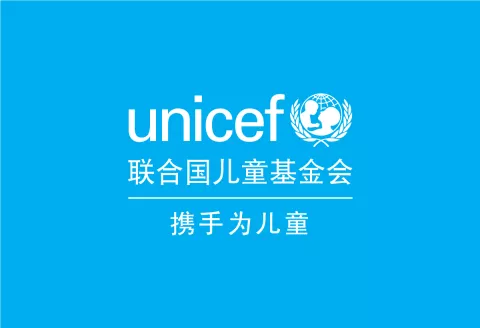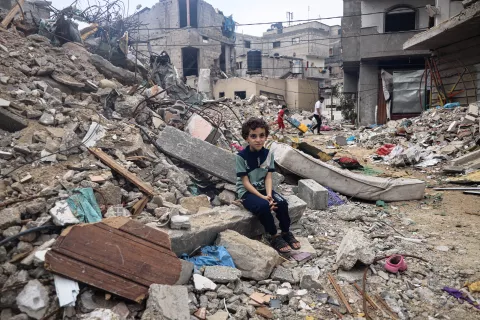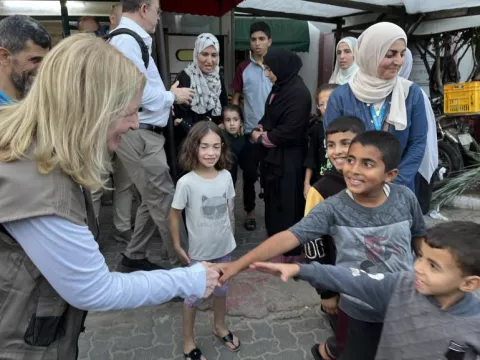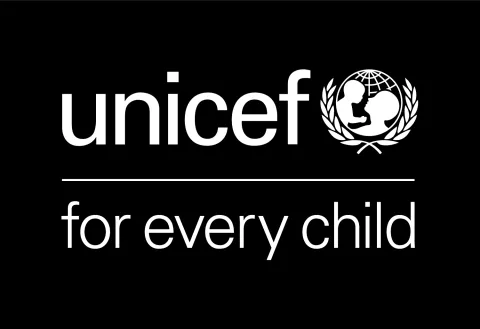Rebuilding after a natural disaster, during COVID-19
Three projects in Southern Africa show South-South cooperation in action
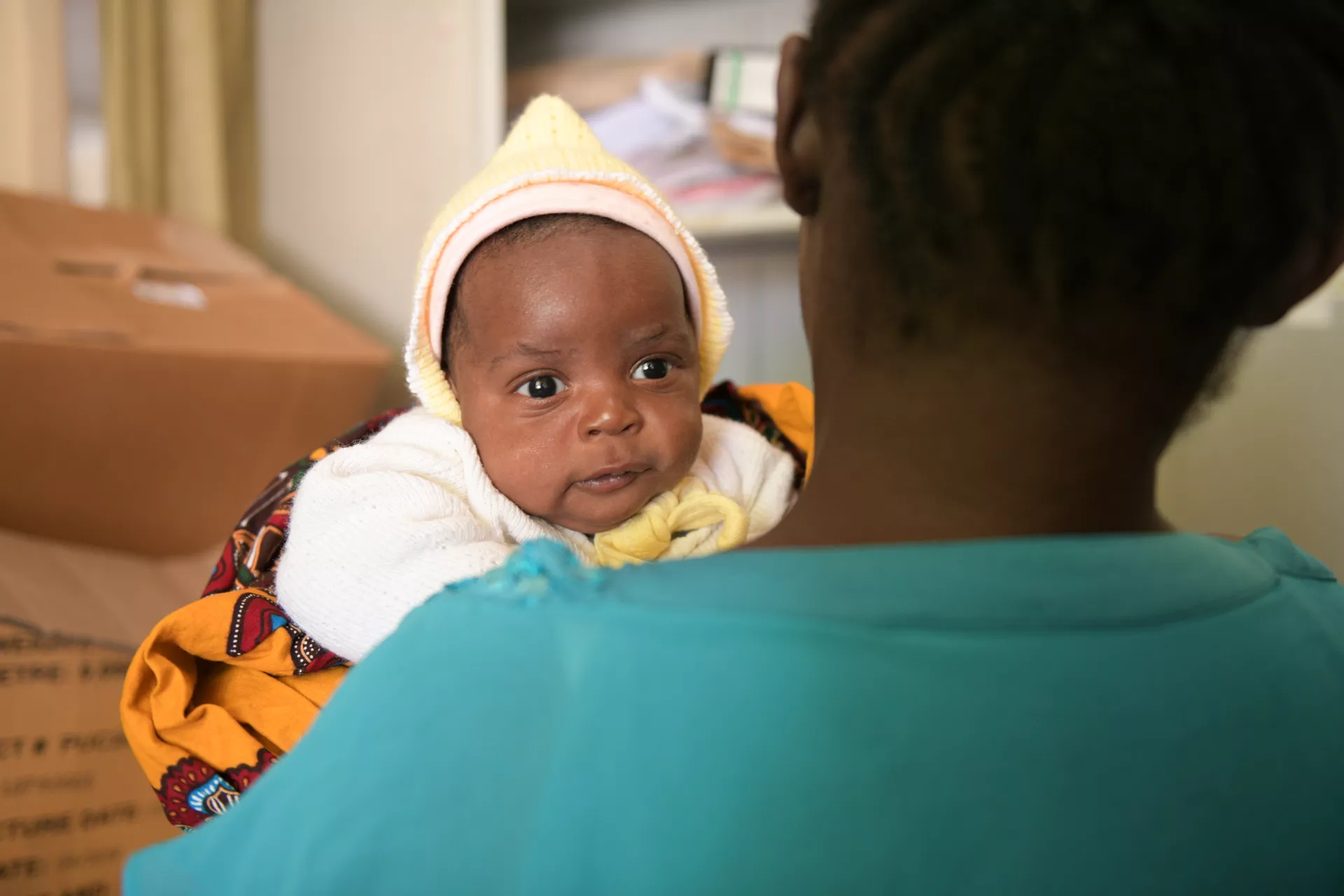
- Available in:
- 中文
- English
Rebuilding after a natural disaster, during COVID-19: Three projects in Southern Africa show South-South cooperation in action
On World Humanitarian Day we commemorate humanitarian workers killed and injured in the course of their work, and we honour all aid and health workers who continue to provide life-saving support and protection to people most in need. UNICEF is proud to contribute to this work; last year the organization responded to 281 humanitarian situations, in 96 countries.
This year UNICEF China is hlighlighting three projects that are providing life-saving humanitarian support in Southern Africa. Some communities are still recovering from natural disasters that struck before COVID-19 emerged; now they face the challenge of rebuilding their lives amid a pandemic. Cyclone Idai, which hit in March 2019, was the worst natural disaster in Southern Africa in nearly two decades. The cyclone affected 270,000 people, including 129,600 children left in need of life-saving support. UNICEF, with support from the China International Development Cooperation Agency (CIDCA), has been running three projects to help affected people in Malawi, Mozambique and Zimbabwe recover.
All three projects are funded by China’s South-South Cooperation Assistance Fund (SSCAF), and are examples of South-South cooperation in action. South-South cooperation is the exchange of resources, technology and knowledge between developing countries. Here are some snapshots of these projects.
Malawi
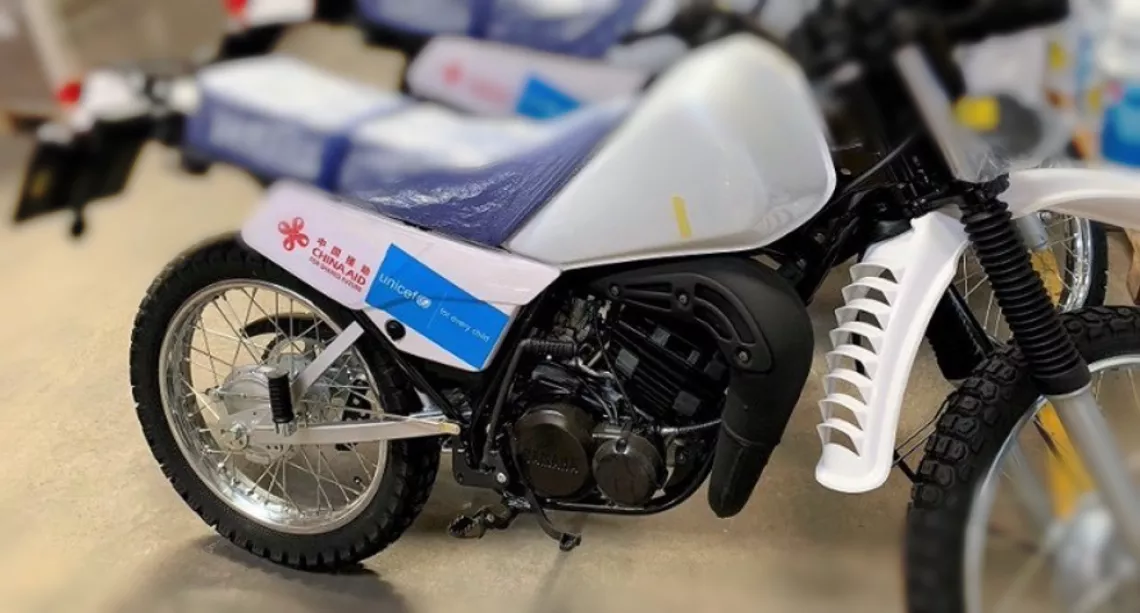
This broad project is designed to directly or indirectly reach over 4 million girls and boys. It aims to improve education, health, nutrition, and sanitation for those affected by Cyclone Idai. This includes providing malaria, diarrhea and pneumonia treatment for children; nutrition programmes; supplying soap, buckets and water treatment chemicals and information on hygiene.
To support child protection, equipment is being supplied to help those who protect children move around. The project has seen the procument of bicycles for Malawi’s Police Service, which will enable police to respond to cases of violence. To enable social welfare officers to reach vulnerable children and families and follow up with child protection cases, 15 motorcycles have also been procured.
Another milestone for this project has been the distribution of ‘Children’s Corner’ kits and manuals. Children’s Corners are designed to provide children with access to psycho-social support, socialization, play and learning through safe spaces.
Mozambique
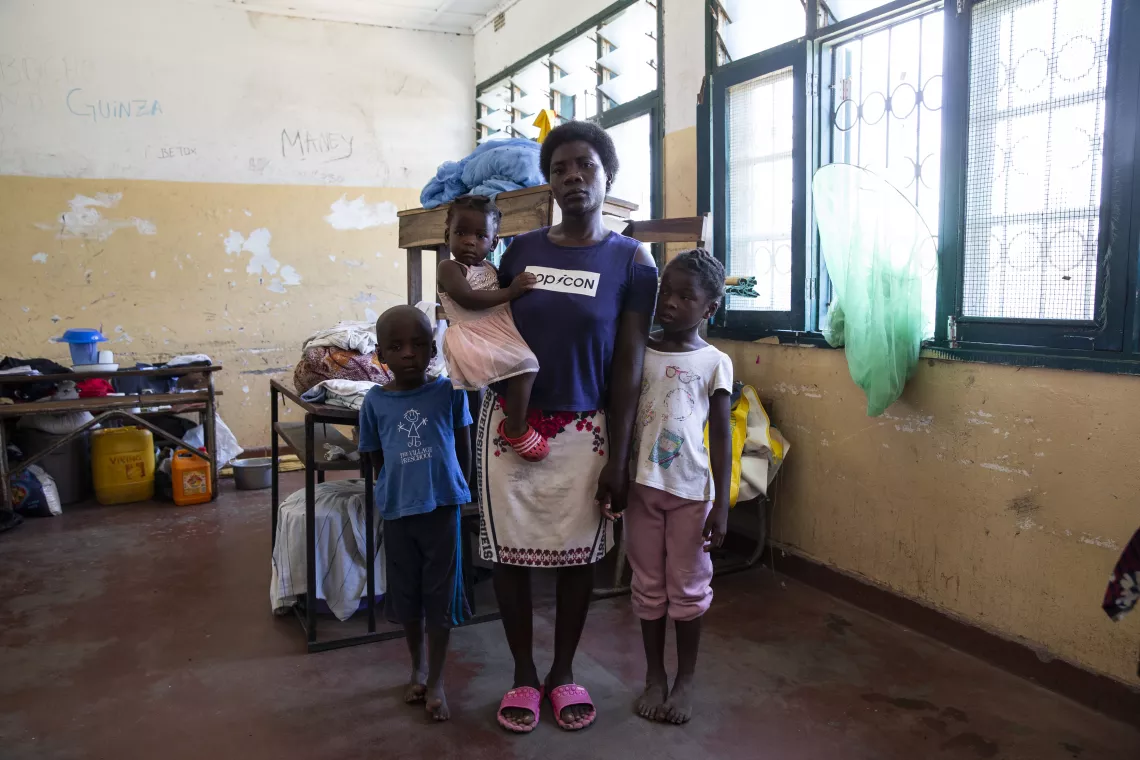
Health is a priority for the SSCAF-funded project in Mozambique, including malaria prevention, and providing equipment and supplies for health facilities affected by Cyclone Idai. Mosquito nets to protect 90,000 people have either been procured or are inbound. The first batch of newborn and child health equipment has arrived at Maputo (the port of entry) and is now being shipped to Sofala province.
COVID-19 and measures to interrupt its transmission have created logistical challenges, but UNICEF is working with government counterparts and other partners to resume life-saving activities like immunization, malaria prevention and nutrition.
Later this year UNICEF will train community maternal and child health nurses, and other health workers. We will also distribute the mosquito nets before the rainy season.
Zimbabwe
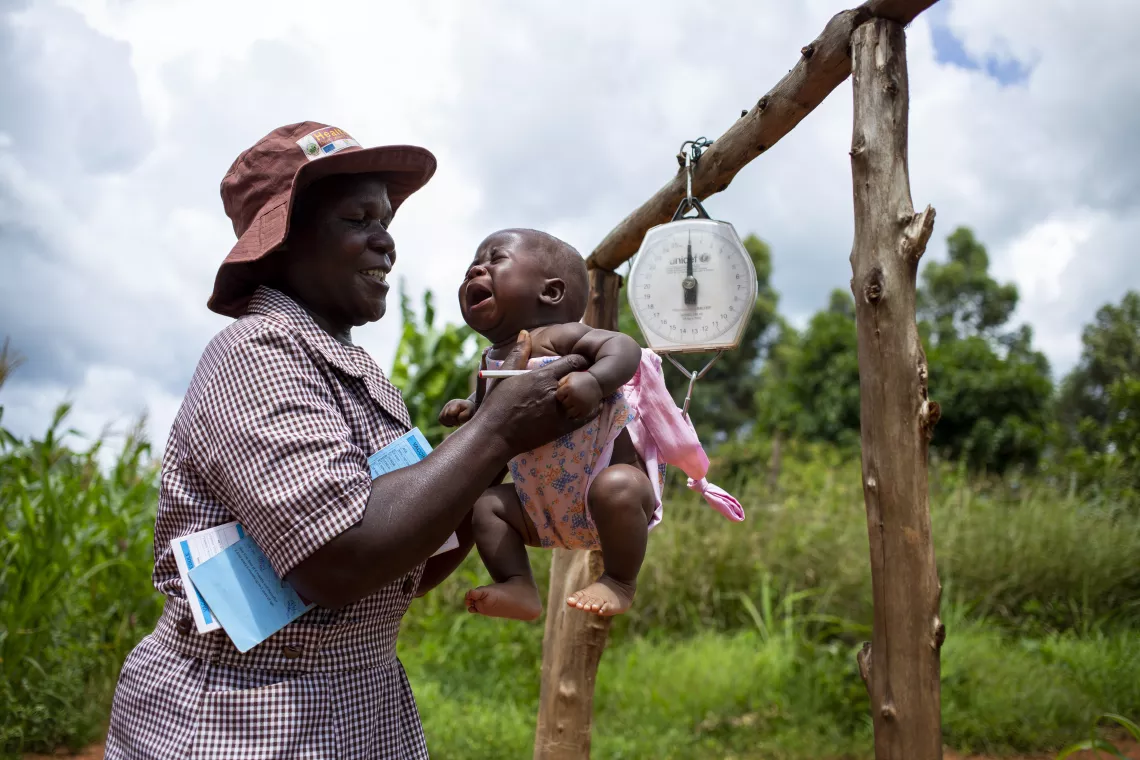
The SSCAF-funded project in Zimbabwe has seen the training of social workers, school health masters, nurses and NGO partners in psychosocial support and counselling. The project is also building support systems and services to identify, document, trace and reunify separated and unaccompanied girls and boys.
To safeguard children’s health, doctors and nurses have been trained on how to identify acute malnutrition, management and treatment of malnourished children at outpatient and inpatient care centres. 1,136 severely malnourished children have been treated in the nutrition programme. 132,080 mothers and caregivers of children aged below two years have been reached with Infant and Young Child Feeding in Emergencies (IYCF-E) support and counselling.
UNICEF and its partners will continue to reach the girls and boys who have been affected by Cyclone Idai with life-saving support despite challenges due to COVID-19.
Like our content? Show your support by signing up to become a friend of UNICEF.


